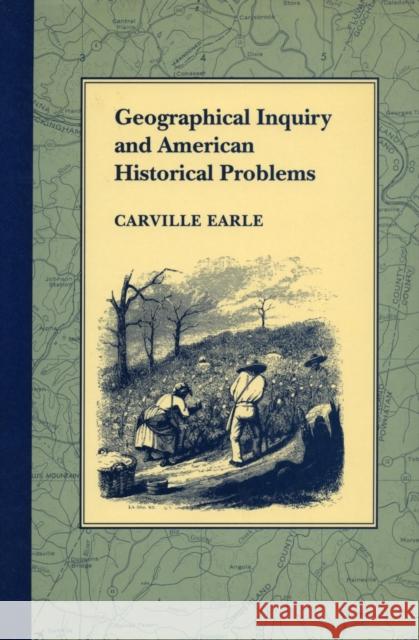Geographical Inquiry and American Historical Problems » książka
Geographical Inquiry and American Historical Problems
ISBN-13: 9780804715751 / Angielski / Twarda / 1992 / 568 str.
The twelve essays in this volume re-examine a handful of perennial problems in American history from a geographical point of view. From this perspective there emerges a series of reinterpretations of the central processes that defined the American experience, whether of colonization, of regional development and sectionalism, of slavery and freedom, of urbanization and industrialization, or of working-class history. The essays encompass the first three centuries of American history, beginning with the nightmarish world of disease and death that was early Virginia and ending with the melancholy demise of socialism early in this century. Geography's mission is to comprehend changes on the earth's surface, and toward that end, geographers ponder the interactive effects of nature and culture within specific locations and times. This entails connecting human actions (historical events) and specific coordinates of place and region (locational inquiry). Most of the essays in this volume employ the variant of ecological inquiry that the author calls the staple approach, focusing on primary production (agriculture, forestry, fishing) and its societal ramifications.











